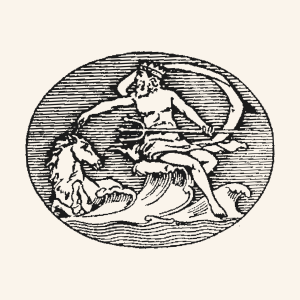UK in talks with France and Saudi Arabia over recognising a Palestinian state
The UK is holding discussions with France and Saudi Arabia about the possible recognition of a Palestinian state during an upcoming UN conference in June.
However, Foreign Secretary David Lammy emphasized on Wednesday that Britain wants such recognition to support meaningful progress toward a two-state solution to the long-standing Israeli-Palestinian conflict—not simply as a symbolic gesture.
His remarks follow French President Emmanuel Macron’s recent statement that France might use the UN gathering to recognize a Palestinian state. The move is part of a broader effort by European and Arab nations to push for a long-term resolution to the conflict, intensified by the ongoing war between Israel and Hamas.
The conference, set to take place in New York, will be co-chaired by France and Saudi Arabia. Both countries are working to build a global coalition advocating for the creation of a Palestinian state alongside Israel.
Speaking before a committee in the House of Lords, Lammy said the new Labour government sees recognition as a step toward achieving a two-state framework rather than an end in itself.
“We’re continuing conversations with our partners—Macron has spoken out recently, and the Saudis are also actively involved,” Lammy said.
“It’s not acceptable that a group of people have lived without a state for longer than I’ve been alive. Two states are the only viable path, and we’ll keep working with allies, especially France and Saudi Arabia, as we move toward their upcoming conference.”
Still, Lammy urged caution.
“I understand some see recognition as a symbolic act, and some European nations have taken that step recently,” he said. “But did it change anything on the ground? Sadly, not really. That’s why we’ve always maintained that recognition is only meaningful as part of a broader solution—two states is the goal.”
A majority of UN member nations already recognize a Palestinian state, and in 2023, Spain, Ireland, and Norway officially added their names to the list.
However, if France and the UK—both permanent members of the UN Security Council—were to do the same, it would mark a significant diplomatic shift in support of the Palestinian cause.
Diplomats say the timing of such recognition is crucial: it needs to be strategically used to exert influence on both Israel and the Palestinians, and it must be clear whether the move would come with conditions or not.
Meanwhile, Israeli Prime Minister Benjamin Netanyahu’s far-right government has firmly rejected the two-state solution and refuses to offer any meaningful concessions to the Palestinians.
Netanyahu is reportedly encouraged by Donald Trump’s return to power. Trump, seen as highly supportive of Israel, has even proposed turning Gaza into a U.S.-controlled “Riviera of the Middle East,” empty of Palestinians.
Trump’s team was instrumental in brokering a short-lived ceasefire between Israel and Hamas in January. Under that agreement, Hamas released hostages in exchange for Palestinian prisoners and increased humanitarian aid to Gaza.
That truce has since collapsed. Israel has resumed its full military offensive and imposed a complete siege on Gaza.
Since the war began on October 7, 2023—when a Hamas attack killed 1,200 people in Israel—Western and Arab governments have been trying to find a way to stop the violence. According to Palestinian health authorities, more than 52,000 people have been killed by Israel’s retaliatory strikes, and large parts of Gaza have been turned into rubble.


